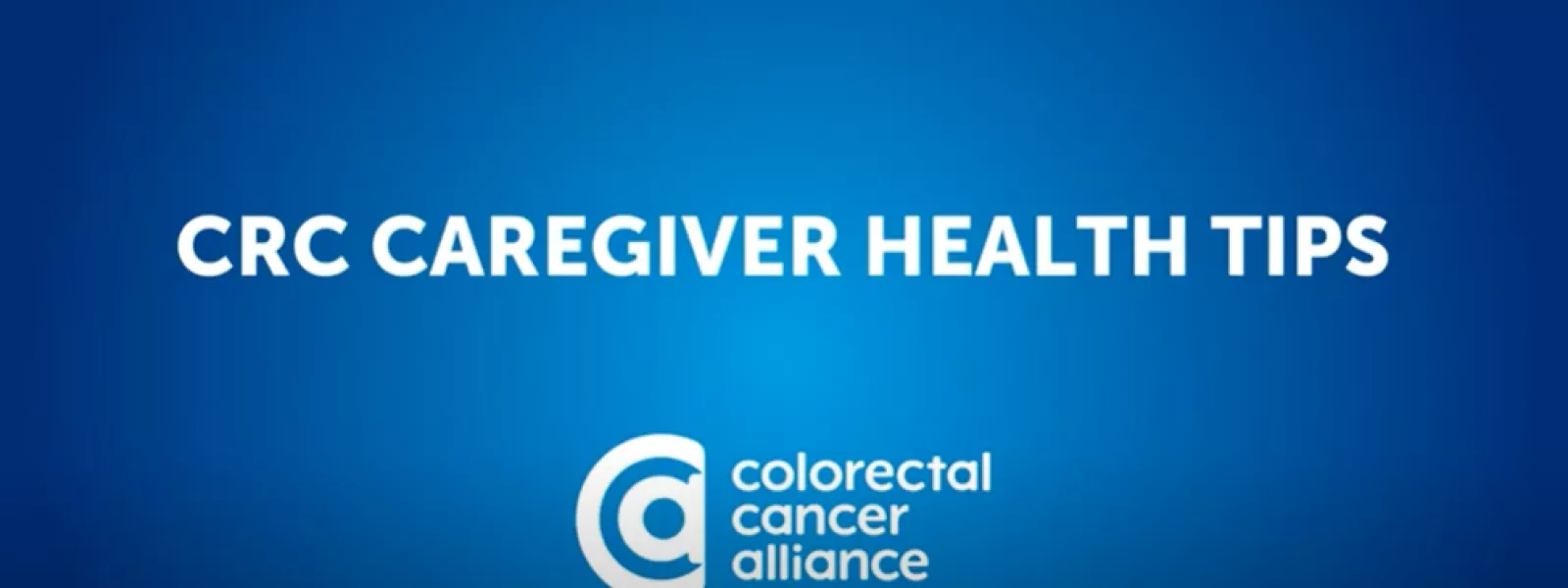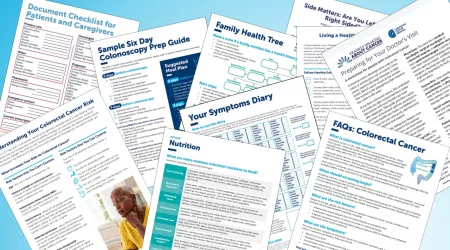Physical wellbeing for family members and caregivers
As the needs and symptoms of the cancer patient fluctuate, so do the needs and well-being of the caregiver.

Caring for yourself
Taking care of yourself equals taking care of your loved one. Caregivers sometimes focus so intently on the physical wellbeing of their loved one that they lose sight of their own physical wellness.
Basic tools for your physical health
Nutrition
Overeating can be especially tempting when experiencing intense emotions. Get into a routine of eating meals on time Make a grocery list and stick to it Snack on healthy foods
Stay hydrated
Caregivers are often given the task of reminding their loved one to drink fluids. Commit to drinking just as much as you’re asking your loved one to drink. Water bottles with pre-labeled measurements are a great way to stay hydrated. Try to stay away from sugary or caffeinated beverages and stick to water when you can.
Get some exercise
Since exercise is connected to our energy levels and our mental health, exercise is essential for caregivers. It's one of the ways to boost your immune system. Get started with a routine you can manage and enjoy. Whenever possible, opt to exercise outside. Mix it up: walking, gardening, stretching, yoga –any activity counts!
Sleep
Without adequate sleep, caregivers cannot expect to provide adequate care. Difficulty falling asleep, difficulty staying asleep, nightmares or night terrors, or sleeping too much. If these issues persist for longer than a month, talk to your primary care provider.
Your own medical care
It’s common for caregivers to forgo their own medical care when taking on the caregiving role. Unfortunately, this often creates problems that interfere with your caregiving responsibilities long-term. Put yourself first and prioritize your doctor appointments, routine screenings, and follow-up care.
Learn from others who have been there
Certified oncology social worker Danielle Peterson hosts a conversation with two colorectal cancer caregivers, Lindsay Rosenbaum and Brian Ruddle. Tune in to hear their advice on how to maintain your mental and physical health as a caregiver.

Related reading
Caregivers' emotional wellbeingTop resources

Christy Williams: Biomarker testing leads to successful treatment
Statistics suggested that Christy’s odds of survival were grim, so she leaned into her faith and kept a positive outlook. She tried to control what she could. And, critically, she received biomarker testing.

Colorectal cancer resources for learning and sharing
Whether personally impacted by colorectal cancer (CRC), supporting a loved one, or dedicated to educating and empowering others, these downloadable and printable resources can help.

Don Shippey: from stage IV to six years cancer-free after receiving HAI pump
Don Shippey was 55 years old in 2016 when he decided he’d been putting off his colonoscopy long enough.





